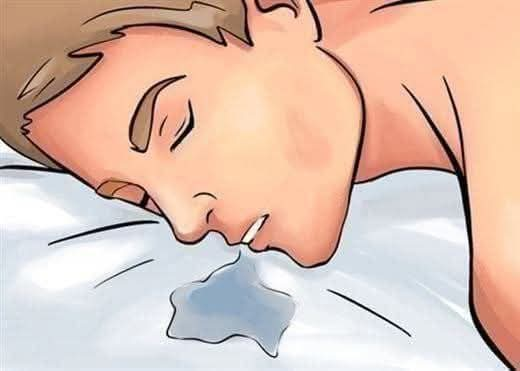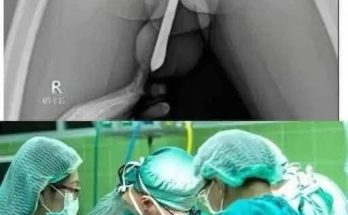Sleep: that blissful state of unconsciousness where our bodies repair, our minds wander, and, for some, a silent river of saliva flows onto the pillow. Drooling while sleeping, while often considered embarrassing, is a surprisingly common phenomenon. While sometimes harmless, it can also signal underlying health concerns, making it important to understand its causes and potential remedies.
The primary reason we drool while sleeping lies in the relaxation of our facial muscles. During the day, our muscles actively work to keep our mouths closed and swallow saliva that’s constantly being produced. However, as we drift off to sleep, these muscles relax, and we become less aware of accumulating saliva. This, coupled with a change in sleeping position, can lead to the inevitable drool.
Sleeping on your side or stomach significantly increases the likelihood of drooling. Gravity pulls your jaw open, allowing saliva to escape. Conversely, sleeping on your back allows saliva to pool at the back of your throat, triggering the swallowing reflex and minimizing drool.
However, excessive drooling, known as hypersalivation or sialorrhea, can indicate more complex issues. One common culprit is nasal congestion. When our nasal passages are blocked, we tend to breathe through our mouths, leading to an open mouth and, subsequently, drooling. Allergies, colds, and sinus infections can all contribute to nasal congestion and the associated drool.
Furthermore, certain medical conditions can also trigger hypersalivation. Neurological disorders like Parkinson’s disease or cerebral palsy can impair muscle control, leading to difficulty swallowing and increased saliva production. Stroke victims may also experience similar issues. Additionally, acid reflux and heartburn can stimulate saliva production in an attempt to neutralize stomach acid, resulting in increased drool during sleep.
Certain medications can also have hypersalivation as a side effect. Antidepressants, antipsychotics, and some antibiotics can all contribute to increased saliva production. If you suspect your medication is the cause, consult your doctor about potential alternatives or management strategies.
Dental issues can also play a role. Misaligned teeth or temporomandibular joint (TMJ) disorders can make it difficult to completely close the mouth, leading to saliva leakage. Moreover, oral infections or ill-fitting dentures can irritate the salivary glands, triggering increased saliva production.
While a small amount of drool is generally harmless, excessive drooling can lead to concerns. It can contribute to skin irritation around the mouth, leading to dryness, cracking, and even infection. Moreover, it can be embarrassing, affecting self-esteem and social interactions, especially when sleeping with a partner.
So, what can be done to manage sleep drool? The solution depends on the underlying cause. If nasal congestion is the culprit, using a humidifier, saline nasal spray, or decongestants can help clear the airways and encourage nasal breathing. Changing sleeping positions to lie on your back can also significantly reduce drooling.
For those with underlying medical conditions, seeking treatment for the primary issue is crucial. This may involve medication, therapy, or even surgery, depending on the specific condition. For medication-induced hypersalivation, discussing alternative options with your doctor is essential.
Addressing dental issues, such as getting fitted for proper dentures or correcting misalignment, can also help reduce drooling. Furthermore, practicing good oral hygiene, including brushing and flossing regularly, can prevent oral infections that contribute to increased saliva production.
In some cases, a dental appliance called a palatal lift can be used to support the soft palate and reduce drooling, particularly for individuals with neurological conditions. Botox injections into the salivary glands can also be considered to temporarily reduce saliva production, but this is not a permanent solution.
In conclusion, drooling while sleeping is a common and often harmless occurrence. However, understanding the underlying causes and potential contributing factors can help manage excessive drooling and address any associated health concerns. By identifying the root of the problem, individuals can take steps to improve their sleep quality, reduce embarrassment, and ensure a comfortable and dry night’s rest.


